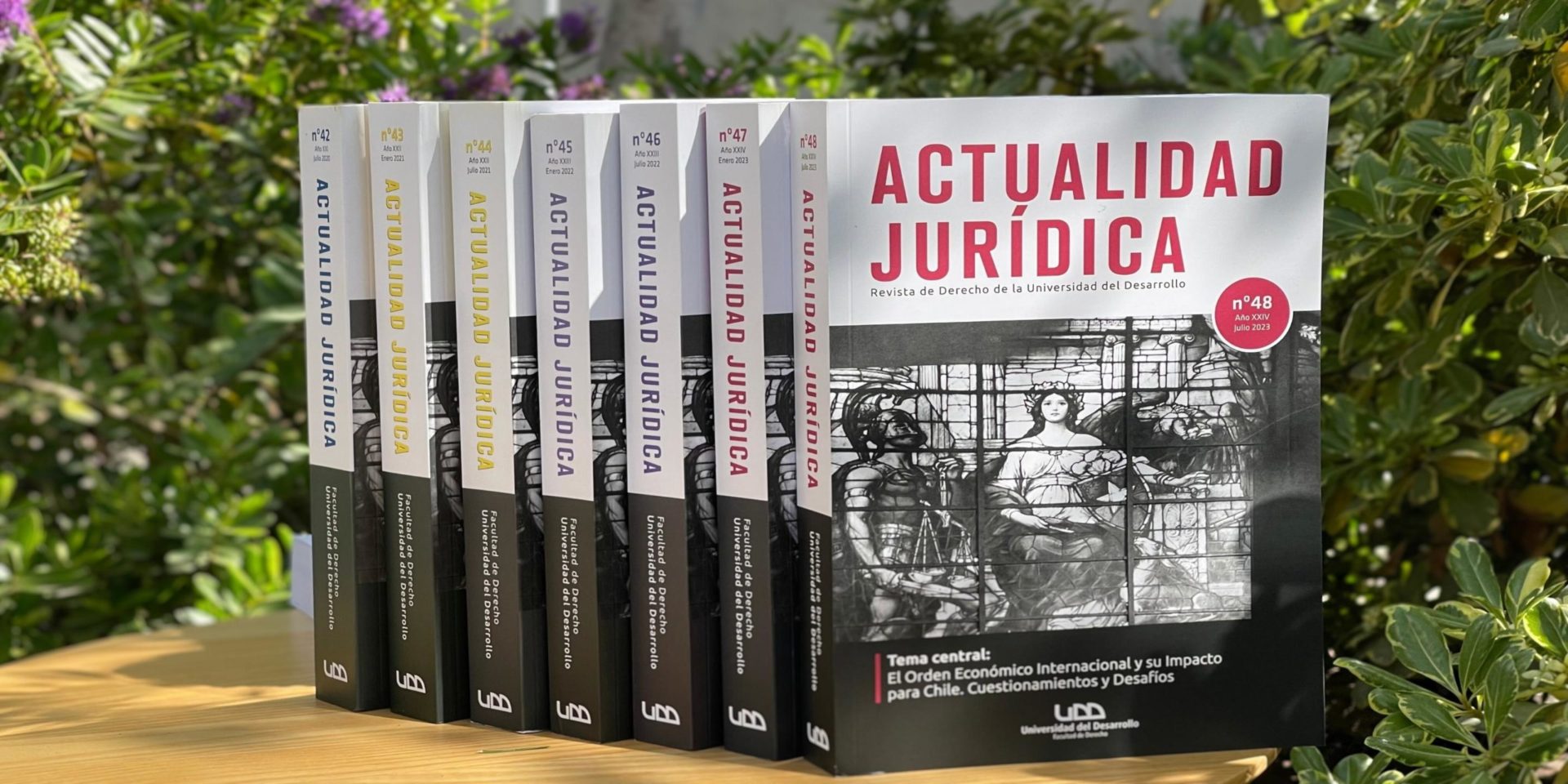Constitucionalismo chileno y poder constituyente: una rectificación al uso del pensamiento de Emmanuel Sieyès
Resumen
Muchos le atribuyen a Emmanuel Sieyès la primera teorización explí- cita de la idea del poder constituyente. Su distinción entre poder constituyente y poder constituido, su idea sobre la igualdad política, su influencia durante los debates intelectuales de la Revolución francesa y su aproximación democrática a los procesos constituyentes, han influido en buena parte de Latinoamérica, y Chile no es la excepción. Lamentablemente, y pese a ser muy citado, muchos constitucionalistas chilenos no han sido leales con su pensamiento. La errónea, incompleta o selectiva interpretación de su teoría, ha afectado el modo como hemos conceptualizado y teorizado respecto de los procesos constituyentes que han tenido lugar en los últimos años. Una rectificación se vuelve necesaria. Pese a que la teoría del poder constituyente tiene problemas, probablemente insalvables, la versión genuina de Emmanuel Sieyès es menos problemática que otras que se han ofrecido. Los constitucionalistas que insisten en utilizarla debieran prestar más atención a los modos cómo Sieyès intentó (no siempre con éxito) eludir o enfrentar dichos problemas.
Abstract
Many attribute to Sieyès the first explicit theorization on the idea of constituent power. Sieyès’ distinction between constituent and constituted powers, his idea on political equality, his influence during the intellectual debates of the French Revolution, and his democratic approach to constitution-making, have influenced many Latin American scholars, and Chile is no exception. Unfortunately, and despite the wide reach of Sieyès’ ideas, many Chilean constitutional scholars have not been loyal to his theory. The incomplete, wrong of selective interpretation of Sieyes’ theory has affected the way we have conceptualized and theorized about contingent constitution-making processes. Correcting the way we have interpreted Sieyès’ ideas becomes necessary. Even though the constituent power theory probably has insolvable problems, the genuine version of Sieyès’ theory is less problematic than others. Chilean constitutional scholars who insist on using the theory should pay more attention to how Sieyès tried (though not always with success) to circumvent or face those challenges.
